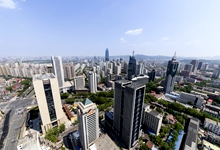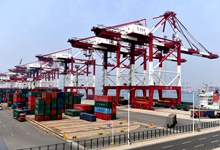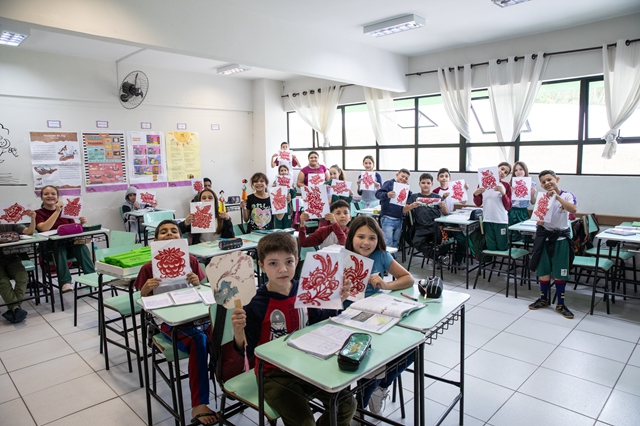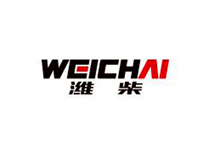-

Meet calligraphy in Linyi
2025-09-30
The 21st Calligraphy Sage Cultural Festival has been held in Linyi, Shandong. With over 30 events held, the festival blends tradition with modern Linyi life.
-

A date with Shandong: Adventures in Confucius' hometown
2025-09-30
For Scottish content creator Joe Burns, the highlight of his journey was discovering how Qufu, the hometown of Confucius, blends its millennia-old Confucian heritage with the vibrant life of today.
-

Chart trips to Shandong for double festivals this 'Golden Week'
2025-09-30
As autumn gets underway, the National Day holiday is approaching, coinciding with Mid-Autumn Festival. Shandong has prepared a variety of activities, including sightseeing and performances.
-

Bangladesh rep: Supporting others creates positive change
2025-09-29
Mohammed Rezwan, founding executive director of Shidhulai Swanirvar Sangstha in Bangladesh, said that the "solar-powered floating schools" program reflects the ideals of harmony and accessible education advocated by Confucius.






 Transformed Development Drivers
Transformed Development Drivers
 Rural Vitalization
Rural Vitalization
 Marine Economy
Marine Economy
 What's on
What's on
 Heritage
Heritage
 Traditional Culture
Traditional Culture
 Celebrities
Celebrities


 Why Shandong
Why Shandong
 Industrial Parks
Industrial Parks
 Belt & Road
Belt & Road
 Sister Cities
Sister Cities
























